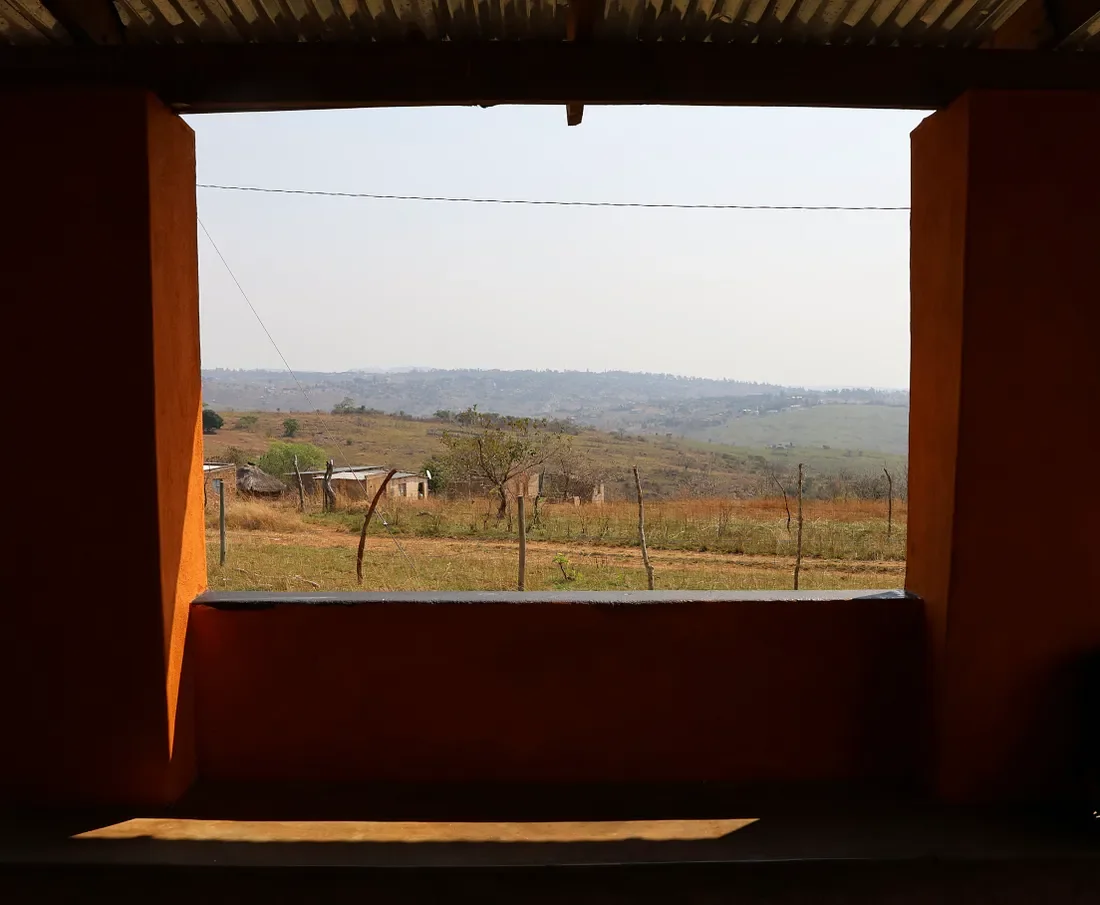Pete Mansfield from the Woodlands Churches team reflects on his recent time in Eswatini.
I have just returned from a trip to Eswatini (formerly known as Swaziland).
Eswatini is not on the standard tourist route. Indeed, many people would struggle to point to it on a map. It is a small country, not quite as large as Wales, Slovenia or Maine. Or, if you prefer your comparisons to be Australian, it is about one-quarter the size of Tasmania, Australia’s smallest state.
It is at the bottom end of Africa, surrounded on three sides by South Africa, and by Mozambique on the other.
So, why was I in Eswatini?
There are many ways to answer that question. However, the easiest (and possibly the most helpful) is to say that my church supports a South African charity that works with vulnerable children in eight African countries, including Eswatini. For the last ten years we have supported a specific community named Bhandeni, situated in rural north-eastern Eswatini near the Mozambique border, and a group of us were visiting to deepen our relationship.
The first draft of the following poem was written whilst I was in Eswatini and South Africa, and it was inspired by four things:
We were staying in a small border town and we travelled up to the community every day. It was an hour-long journey along a very bumpy dirt track. This was the ‘rutted road’ in the poem. In our six trips up and down this road, our vehicle broke down three times, had a puncture once, and missed one trip because it was in the garage. It is not a good road.
The border town is extremely dusty. We slept on the floor of a house and our bed linen quickly gained a coating of red dust. There was no shower in the house, which meant that we also were covered with dust. It caught in the nose and the back of the throat. It was impossible to escape.
Dust is highly symbolic. It is symbolic of life — Adam was formed from the dust of the land. It is symbolic of death — at a funeral, we say ‘dust to dust’. The novelist Philip Pullman uses it as a metaphor for sin. I use it as a metaphor for the pain in our lives.
Jesus famously washed the dust off his disciples’ feet, and then told them to do likewise. “I have set you an example that you should do as I have done for you.” As I was reflecting on the trip, the phrase ‘dirty to be clean’ was in my mind. We are called to get our hands dirty, to get stuck in, to help the most vulnerable. There is something sacred about the dust. Without it, there is no possibility to be washed.
I hope you like it.
Lead me to the dirt, Lord
Through dust to dust we travel
in life, in love, in loss.
Dust covers and surrounds us
along the rutted road, along the rutted road.
The dust is deep in places
in life, in love, in loss.
It lines our throats and chokes us
along the rutted road, along the rutted road.
We walk this dust with others
in life, in love, in loss.
We laugh, we cry, there’s silence
along the rutted road, along the rutted road.
Our dirty feet He washes
in life, in love, in loss.
And, as we’re washed, we wash,
along the rutted road, along the rutted road.
We must continue walking
in life, in love, in loss.
Dirt to clean, and to be cleaned,
along the rutted road, along the rutted road.
For dirt is where you’re found, Lord
in life, in love, in loss.
So, lead me to the dirt, Lord,
along the rutted road, along the rutted road.

